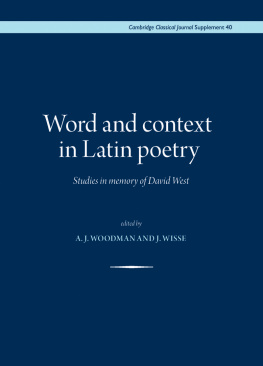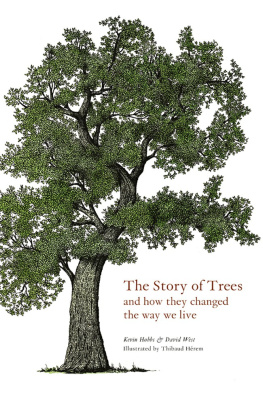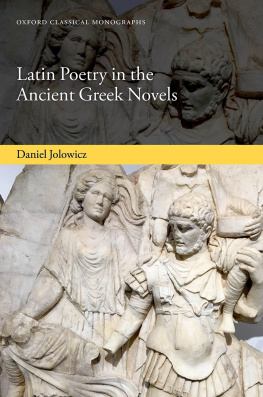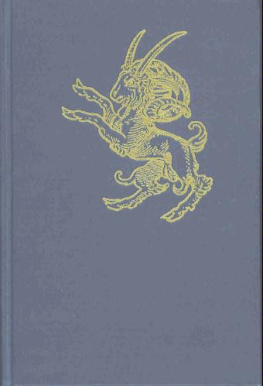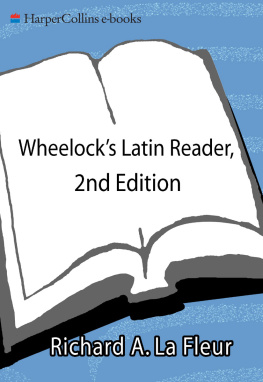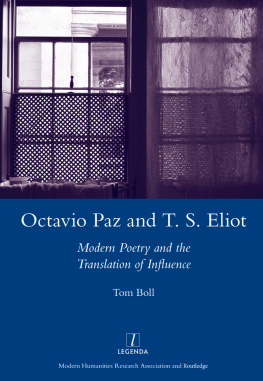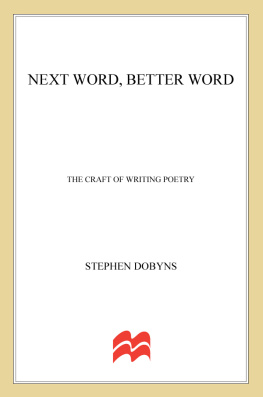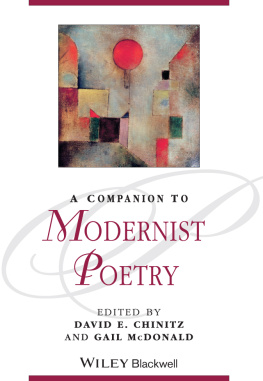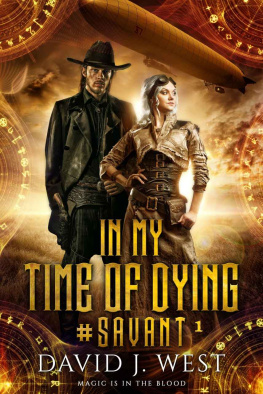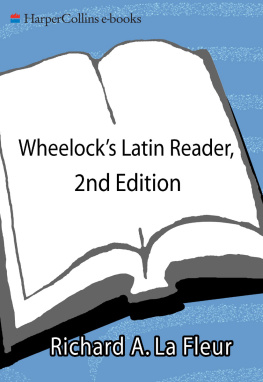West David - Word and Context in Latin Poetry
Here you can read online West David - Word and Context in Latin Poetry full text of the book (entire story) in english for free. Download pdf and epub, get meaning, cover and reviews about this ebook. year: 2020, publisher: Casemate, genre: Detective and thriller. Description of the work, (preface) as well as reviews are available. Best literature library LitArk.com created for fans of good reading and offers a wide selection of genres:
Romance novel
Science fiction
Adventure
Detective
Science
History
Home and family
Prose
Art
Politics
Computer
Non-fiction
Religion
Business
Children
Humor
Choose a favorite category and find really read worthwhile books. Enjoy immersion in the world of imagination, feel the emotions of the characters or learn something new for yourself, make an fascinating discovery.
- Book:Word and Context in Latin Poetry
- Author:
- Publisher:Casemate
- Genre:
- Year:2020
- Rating:4 / 5
- Favourites:Add to favourites
- Your mark:
- 80
- 1
- 2
- 3
- 4
- 5
Word and Context in Latin Poetry: summary, description and annotation
We offer to read an annotation, description, summary or preface (depends on what the author of the book "Word and Context in Latin Poetry" wrote himself). If you haven't found the necessary information about the book — write in the comments, we will try to find it.
Word and Context in Latin Poetry — read online for free the complete book (whole text) full work
Below is the text of the book, divided by pages. System saving the place of the last page read, allows you to conveniently read the book "Word and Context in Latin Poetry" online for free, without having to search again every time where you left off. Put a bookmark, and you can go to the page where you finished reading at any time.
Font size:
Interval:
Bookmark:

This collection of essays is intended to commemorate the eminent Latin scholar David West, best known for his pioneering work on the imagery of Lucretius, his volumes on Horace, his translation of Virgils Aeneid and his commentary on Shakespeares Sonnets . The contributors Francis Cairns, Ian Du Quesnay, Bruce Gibson, Alex Hardie, Stephen Harrison, John Moles and Tony Woodman have aimed to produce close textual readings, paying due attention to historical context and literary tradition in the manner adopted by David West himself. The authors covered are Empedocles, Antisthenes, Callimachus, Lutatius Catulus, Catullus, Horace ( Epodes and Odes ), Propertius, Virgil ( Aeneid ), Dio Chrysostom and Hildebert of Lavardin.
Tony Woodman is Gildersleeve Professor of Classics Emeritus at the University of Virginia. He has published widely on late-republican and Augustan Latin poetry and is the author of standard commentaries on Velleius Paterculus and Tacitus. With David West he co-edited three volumes of Latin literary criticism.
Jakob Wisse is Professor of Latin Language and Literature at Newcastle University, where David West was Professor of Latin from 1969 to 1992. He has published on historiography and especially on ancient rhetoric and oratory; he is co-author of Volumes 4 and 5 of the standard commentary on Ciceros De Oratore .

David West
CAMBRIDGE CLASSICAL JOURNAL
PROCEEDINGS OF THE CAMBRIDGE PHILOLOGICAL SOCIETY
SUPPLEMENTARY VOLUME 40
Series editor: CHRISTOPHER WHITTON
STUDIES IN MEMORY OF DAVID WEST
edited by
A. J. WOODMAN AND J. WISSE
Published by The Cambridge Philological Society.
www.classics.cam.ac.uk/philological
The Cambridge Philological Society 2017
ISBN: 978-0-9568381-5-5
eISBN: 978-0-9568381-9-3
mobi ISBN: 978-0-9568381-9-3
This book is available direct from Oxbow Books, 10 Hythe Bridge Street, Oxford, OX1 2EW.
www.oxbowbooks.com
This volume has two closely related aims. Most obviously, it commemorates the remarkable person and scholar that was David West. As such, it is an extension of the commemorative colloquium held at Newcastle in May 2014, about a year after his death, organised by JW. AJW, a colleague and friend of Davids for over forty years, joined as editor of this volume, and also contributed the personal tribute on the following pages.
Our second aim is to reflect Davids inspirational scholarship by gathering work of the kind with which his name is associated. Accordingly, all contributors seek to focus attention on individual Latin texts by a close examination of the words used and, where appropriate, by a detailed investigation of the literary, social and historical contexts in which the texts were produced. We hope and expect that the volume will thus once more illustrate the relevance and importance of paying close attention to the texts themselves, even if there will always be different ways of looking at the results of such close readings.
The core of the contributors to this volume is formed by the speakers at the Newcastle colloquium; they are joined by other friends of Davids who were either former students or colleagues. Of the speakers at the colloquium, JW, due to circumstances beyond his control, cannot contribute, but hopes to publish a tribute elsewhere in the future; John Moles, who died suddenly in October 2015, left his paper in an unfinished state, but, given the originality of the argument, we believe that it deserves its place in the volume and we are extremely grateful to Damien Nelis for his very generous work in converting it into a publishable piece.
The editorial team originally included Jonathan Powell, who was Davids successor to the Newcastle Chair of Latin, maintained a long personal and professional friendship with him, and also spoke at the colloquium. We very much regret that a serious stroke, sustained in the late summer of 2015, forced him to withdraw and also made it impossible to contribute his planned chapter.
Warm thanks are due to Lauren Emslie and especially Janet Watson for their invaluable help in organising the Newcastle colloquium, and to the local CA and Newcastle Universitys School of History, Classics and Archaeology for supporting it financially. We are also grateful to Chris Whitton and the Cambridge Classical Journal for accepting the volume for publication in its Supplementary Volume series.
The Newcastle colloquium was named, at the suggestion of Jonathan Powell, Enthusiasms, and the participants speakers, Davids family and all other attenders made sure that this central quality of Davids work and personality was also central to the day. We hope that it will likewise be seen in the contributions to this volume.
JW
Francis Cairns is Professor of Classical Languages at The Florida State University, having previously held the Chair of Latin in the University of Liverpool and the Chair of Latin Language and Literature in the University of Leeds. He is the author of numerous articles and of Generic composition in Greek and Roman poetry (1972), Tibullus: a Hellenistic poet at Rome (1979), Virgils Augustan epic (1989), Sextus Propertius: the Augustan elegist (2006), Papers on Roman elegy (19692003) (2007), Roman lyric: collected papers on Catullus and Horace (2012) and Hellenistic epigram: contexts of exploration (2016).
Ian Du Quesnay was formerly the Bursar of Newnham College, Cambridge, Fellow of Jesus College, Cambridge and University Lecturer in Classics at the University of Cambridge. He is the author of various studies of Republican and Augustan poetry and editor (with Tony Woodman) of Catullus: poems, books, readers (CUP 2012) and The Cambridge companion to Catullus (forthcoming).
Bruce Gibson is Professor of Latin at the University of Liverpool. His publications include a text, commentary and translation of Statius, Silvae 5 (Oxford 2006), Polybius and his world: essays in memory of Frank Walbank (co-edited with Thomas Harrison, Oxford 2013), and Pliny the Younger in late antiquity ( Arethusa 46.2, 2013, co-edited with Roger Rees), as well as articles and chapters on a wide range of Latin texts in prose and verse. He is currently writing a commentary on Plinys Panegyricus .
Alex Hardie is author of Statius and the Silvae (1983) and an Honorary Fellow in Classics at Edinburgh University. He is principally interested in the interface between the Muses in poetry and in cult, and he is working on a book to be entitled The Muses at Rome .
Stephen Harrison is Professor of Latin Literature at the University of Oxford and Mynors and Nisbet Fellow and Tutor in Classics at Corpus Christi College. He is author of a commentary on Virgil, Aeneid 10 (1991) and of several books and many articles on Horace; his commentary on Book 2 of the Odes has just been published by Cambridge University Press (2017).
John Moles was Professor of Latin at Newcastle University from 2000 to his untimely death in 2015 and author of Plutarch: the Life of Cicero (1988) and of very many articles on Greek and Latin literature and the New Testament. His commentary on Plutarchs Life of Brutus has appeared (2017) as a Supplement to Histos , the online periodical for classical historiography which he founded and edited; the publication of his collected papers is forthcoming.
Jakob Wisse is Professor of Latin Language and Literature at Newcastle University. He has published on ancient, especially Ciceronian, rhetoric and oratory, e.g. Ethos and pathos from Aristotle to Cicero (1989) and as co-author of Volumes 4 and 5 of the standard commentary on Ciceros De Oratore ; also on Roman intellectual life, Latin linguistics and Roman historiography.
Font size:
Interval:
Bookmark:
Similar books «Word and Context in Latin Poetry»
Look at similar books to Word and Context in Latin Poetry. We have selected literature similar in name and meaning in the hope of providing readers with more options to find new, interesting, not yet read works.
Discussion, reviews of the book Word and Context in Latin Poetry and just readers' own opinions. Leave your comments, write what you think about the work, its meaning or the main characters. Specify what exactly you liked and what you didn't like, and why you think so.

